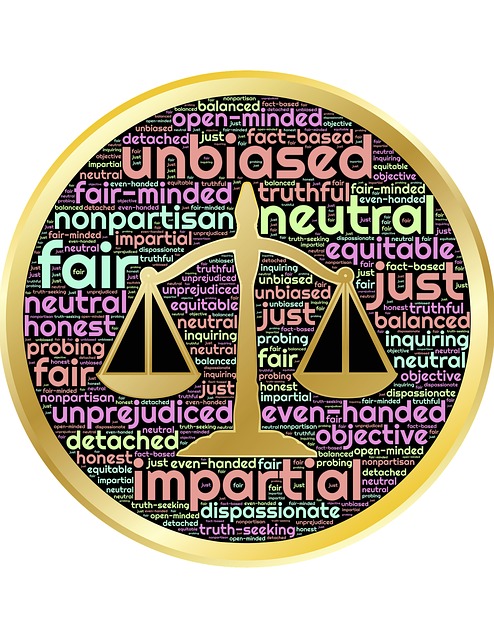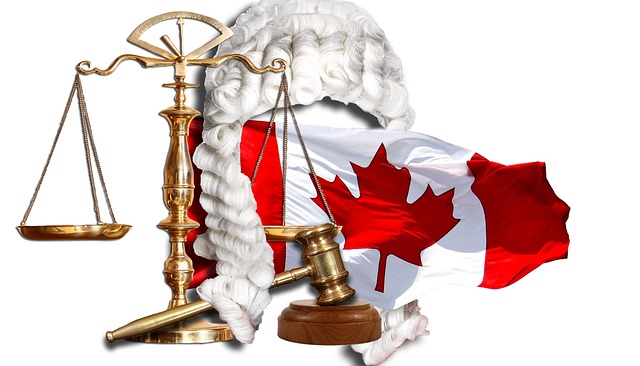Real estate fraud poses significant risks with financial and legal consequences. Understanding common schemes like document falsification and concealed defects is crucial for dispute resolution. Skilled attorneys navigate federal and state laws to ensure transparency and justice. Advanced data analytics detect hidden fraud, protecting clients and promoting fair practices. Offenders face severe penalties, encouraging prevention through internal controls and compliance programs. Effective dispute resolution involves assessing fraud severity, employing mediation/arbitration, and corporate internal investigations.
Navigating real estate transactions requires a keen eye for detail, as these deals can be breeding grounds for fraud. Regulatory fraud laws are designed to protect buyers and sellers alike, but understanding these laws and detecting fraudulent activities can be complex. This article delves into the intricacies of real estate fraud cases, exploring legal frameworks at both federal and state levels. We’ll guide you through signs of potential fraud, penalties for offenders, and effective dispute resolution strategies to help resolve real estate disputes efficiently.
- Understanding Real Estate Fraud Cases
- Legal Framework: Federal and State Laws
- Detecting Signs of Fraud in Transactions
- Enforcement and Penalties for Offenders
- Strategies for Dispute Resolution
Understanding Real Estate Fraud Cases

Real estate fraud cases are a significant concern for both buyers and investors, as they can lead to substantial financial losses and legal complications. These schemes often involve misrepresenting property information, falsifying documents, or engaging in deceptive practices during transactions. Understanding how such frauds occur is crucial in learning How to Resolve Real Estate Disputes effectively. Common tactics include altering property records, creating fake contracts, or concealing defects in the property itself.
When faced with real estate disputes, having an unprecedented track record of successful defense verdicts can be invaluable. Skilled legal professionals specializing in these matters can help navigate complex regulations and uncover evidence to avoid indictment. By employing strategic approaches, they ensure that all parties involved are protected and that justice is served. Whether it’s a matter of correcting misrepresentations or defending against baseless accusations, having a winning challenging defense strategy is essential to mitigating risks and protecting one’s interests in the real estate market.
Legal Framework: Federal and State Laws

In the realm of real estate transactions, understanding the intricate dance between federal and state laws is paramount to navigating potential disputes smoothly. The legal framework surrounding real estate is a complex web designed to protect buyers, sellers, and investors alike, with each level of government playing a pivotal role in enforcing regulations and resolving conflicts. At the federal level, agencies like the Federal Trade Commission (FTC) and the Securities and Exchange Commission (SEC) oversee transactions, focusing on consumer protection and securities fraud. These federal laws set a baseline for ethical practices, offering a uniform standard across states.
State-level legislation further enhances this framework by providing tailored regulations to address unique regional challenges. From licensing requirements to disclosure standards, state laws ensure transparency and fairness in real estate dealings. For both corporate and individual clients, these statutes serve as a shield against fraudulent activities, enabling them to seek justice in the event of disputes. Skilled attorneys who specialize in real estate law play a crucial role in interpreting these laws, helping clients win challenging defense verdicts for their respective businesses while upholding the integrity of the industry.
Detecting Signs of Fraud in Transactions

Detecting signs of fraud in real estate transactions is a critical aspect of how to resolve real estate disputes effectively. This involves meticulous scrutiny of documents, financial records, and patterns of behavior. Red flags may include unusual transaction structures, discrepancies in property valuations, or sudden changes in ownership or funding sources. In high-stakes cases involving corporate and individual clients, an unprecedented track record of successful fraud detection can serve as a key differentiator for legal professionals.
By employing advanced data analytics and leveraging technology, legal experts can uncover intricate schemes that may otherwise go unnoticed. This proactive approach not only safeguards clients’ interests but also ensures fair market practices in the real estate sector. Staying ahead of potential fraud is crucial, especially given the complex nature of modern transactions, allowing for swift action to mitigate risks and protect everyone involved.
Enforcement and Penalties for Offenders

When it comes to enforcement and penalties for offenders under regulatory fraud laws, the consequences can be severe. Regulatory bodies have the power to investigate and penalize individuals or businesses involved in fraudulent activities related to real estate transactions. These penalties aim to deter future misconduct and protect consumers. Offenders may face substantial fines, imprisonment, or both, depending on the severity of the offense. The process typically involves a thorough investigation, where regulatory agencies gather evidence and testify with legal expertise.
For his clients, it is crucial to understand that prevention is key when it comes to regulatory fraud. Corporate and individual clients alike should implement robust internal controls and compliance programs to mitigate risks. Additionally, staying informed about changing regulations within the real estate sector can significantly contribute to how to resolve real estate disputes effectively and ethically. The philanthropic and political communities also play a vital role in shaping policies that promote transparency and accountability, fostering an environment where such frauds are less likely to occur.
Strategies for Dispute Resolution

When faced with regulatory fraud issues, understanding how to resolve real estate disputes is crucial for both corporate and individual clients navigating complex legal landscapes. The first step often involves assessing the nature and extent of the fraud, which can range from white-collar and economic crimes to more nuanced scenarios specific to the real estate sector. Engaging experienced legal counsel who specialize in regulatory fraud is essential; they can guide clients through various dispute resolution strategies.
Mediation and arbitration are two popular methods that offer alternatives to traditional litigation. These processes encourage cooperative problem-solving between parties, potentially saving time and costs. For corporate clients, internal investigations and proactive disclosure of issues can also be beneficial, demonstrating a commitment to transparency and good faith efforts to rectify any wrongdoings for his clients.
Real estate fraud can have devastating consequences, but understanding and navigating regulatory fraud laws is a powerful tool for dispute resolution. By recognizing signs of fraudulent activity early on and leveraging the legal framework provided by federal and state laws, individuals and businesses alike can protect themselves from unethical practices. Effective enforcement and penalties deter potential offenders, while strategies for dispute resolution ensure that justice prevails. Armed with knowledge, those involved in real estate transactions can work collaboratively to maintain integrity within the industry and resolve disputes efficiently, ultimately fostering a safer and more transparent marketplace.






